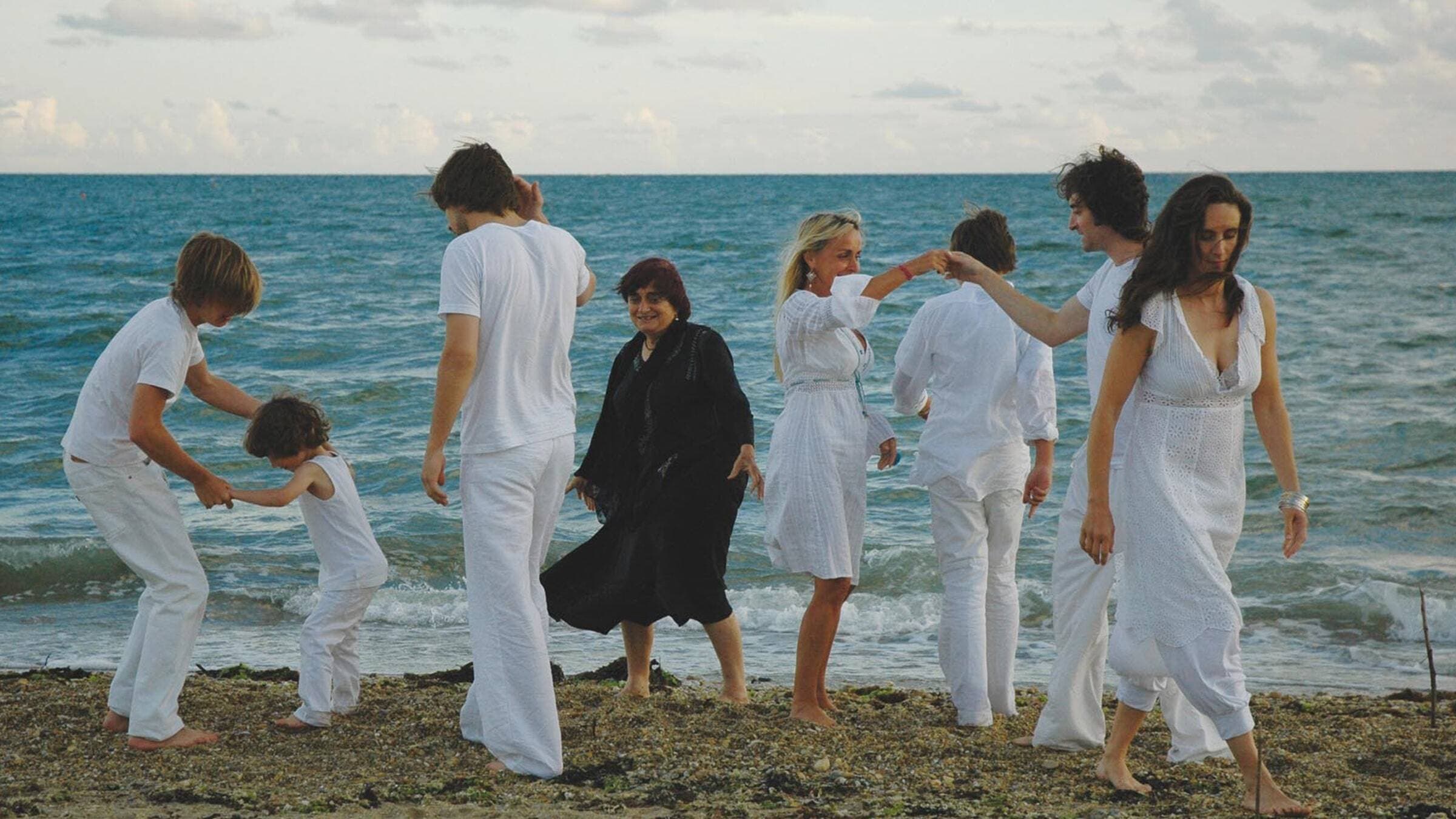
Agnès Varda: between reality and imagination
Het Documentaire Paviljoen honours a true original with a multifaceted retrospective.
Once you’ve encountered the work of Agnès Varda, it’s hard to mistake it for anything else. The playful camerawork, the affection for everyday life, the seamless blending of fact and fiction—Varda’s voice was unmistakable. Over the course of more than six decades, she shaped a body of work that was both socially engaged and profoundly personal. Now, the Pavilion presents a sweeping retrospective in tribute to this cinematic pioneer, whose influence continues to resonate with filmmakers around the world.
Into the streets, into the imagination
In 1954, long before the French New Wave would shake up the country’s cinematic landscape, Varda was already venturing outside the studio. Her debut film La Pointe Courte was shot on location with natural light and a loose, intuitive style that stood in stark contrast to the polished studio films of the time. Often credited as a forerunner to the Nouvelle Vague, Varda never quite belonged to any school or movement. “I move through the world of cinema on foot,” she once said, “not by plane or train.”
This sense of independence and curiosity became the hallmark of her career. Unconcerned with the conventional boundaries of genre, Varda moved effortlessly between fiction and documentary. Her narrative films often included documentary elements, while her documentaries embraced playfulness, imagination, and visual poetry. To her, reality wasn’t something to be captured—it was something to be shaped, reframed, and reimagined.
Her 1982 film Ulysse is a telling example. Revisiting a photograph she had taken 20 years earlier—a man, a child, and a dead goat on a deserted beach—Varda begins with a formal analysis of a static image. But as the film unfolds, it becomes a meditation on memory, perception, and the documentary form itself. Each viewer brings something new to the image, she seems to suggest—and each retelling becomes an act of creation.
The poetry of the everyday
What fascinated Varda wasn’t the extraordinary, but the quietly beautiful: a flower stall on a street corner, a baker behind his counter, a fleeting encounter in a market. Her films gave voice to those who rarely take centre stage in cinema—shopkeepers, farmers, migrants, dreamers. She portrayed them without judgement or sentimentality, but always with empathy, humour, and a deep attentiveness to detail.
This sensitivity is especially present in her short films, many of which feature in the retrospective. In these works, what starts as a passing observation or a seemingly trivial moment often blossoms into a layered, poetic reflection on time, longing, or the nature of seeing. Varda’s camera doesn’t just record—it reimagines, invites, and sometimes gently questions.
A rich and varied programme
This retrospective brings together a wide selection from Varda’s oeuvre—from rarely screened shorts to her most iconic documentaries and narrative features. Each screening reveals a different facet of her insatiable curiosity and her desire to understand what moves people, how societies shift, and how cinema can bear witness to those changes.
One standout segment of the programme explores the friendships and collaborations that shaped Varda’s practice. A special screening pairs her 1963 film Salut les Cubains with Una isla para Miguel (1969) by Cuban filmmaker and revolutionary voice Sara Gómez. Though from different backgrounds, both women used film to reflect on power, identity, and resistance—with an eye that was at once political and deeply personal.
A lasting legacy, in her own words and others’
The retrospective opens on Friday, April 11, with a celebratory evening featuring archival footage and interviews in which Varda speaks for herself—witty, sharp, and always inquisitive. Contemporary artists and filmmakers Nouchka van Brakel and Kiriko Mechanicus will also share their personal reflections on Varda’s legacy and the ways her work continues to inform their own.
At a time when documentary cinema is increasingly hybrid and filmmakers are searching for new forms, Varda’s voice feels more relevant than ever. Her films remind us that the personal can be political, that imagination doesn’t negate truth, and that the most compelling stories are often hiding in plain sight—if you know how to look.
